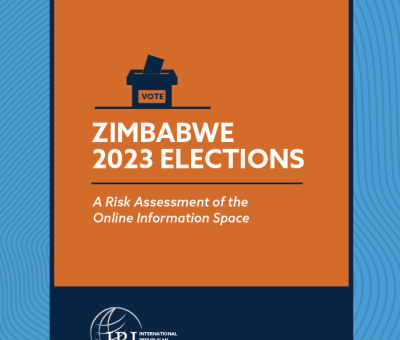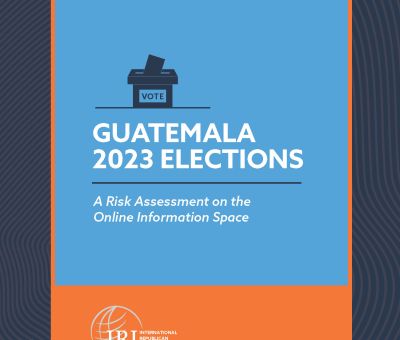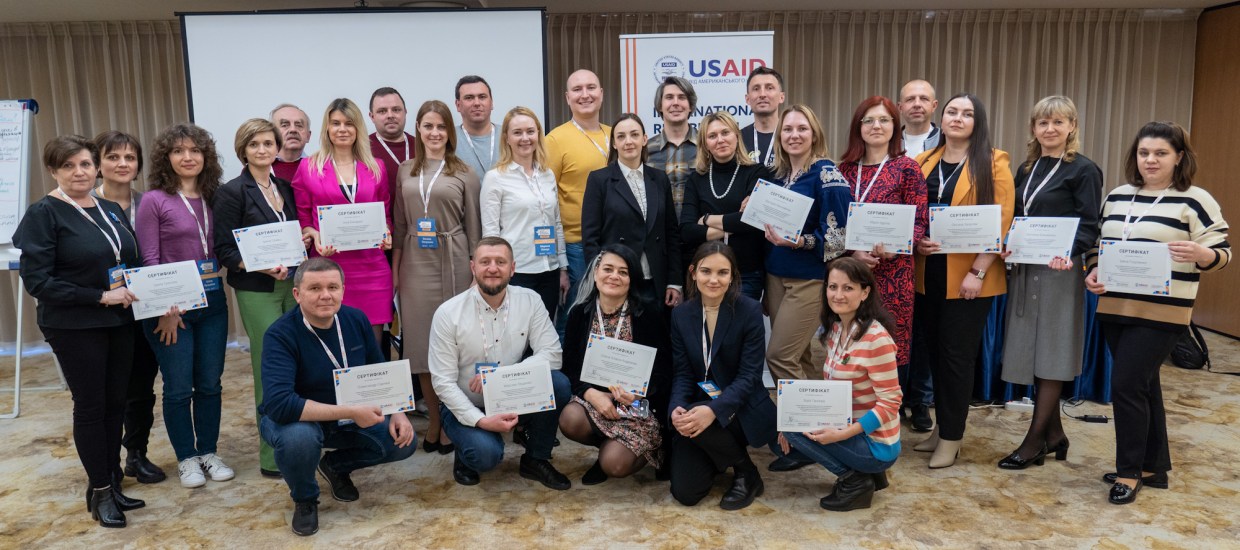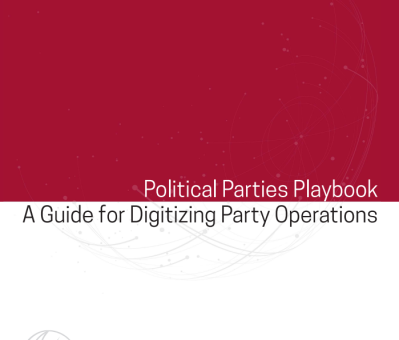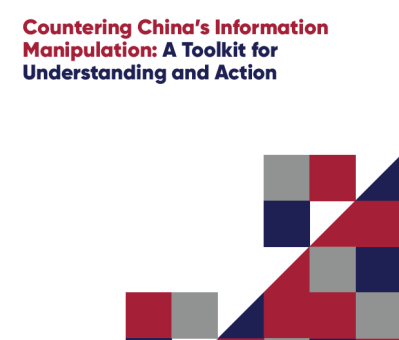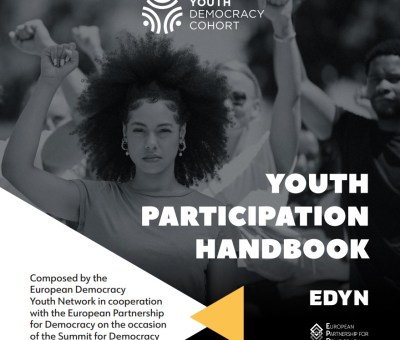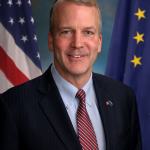
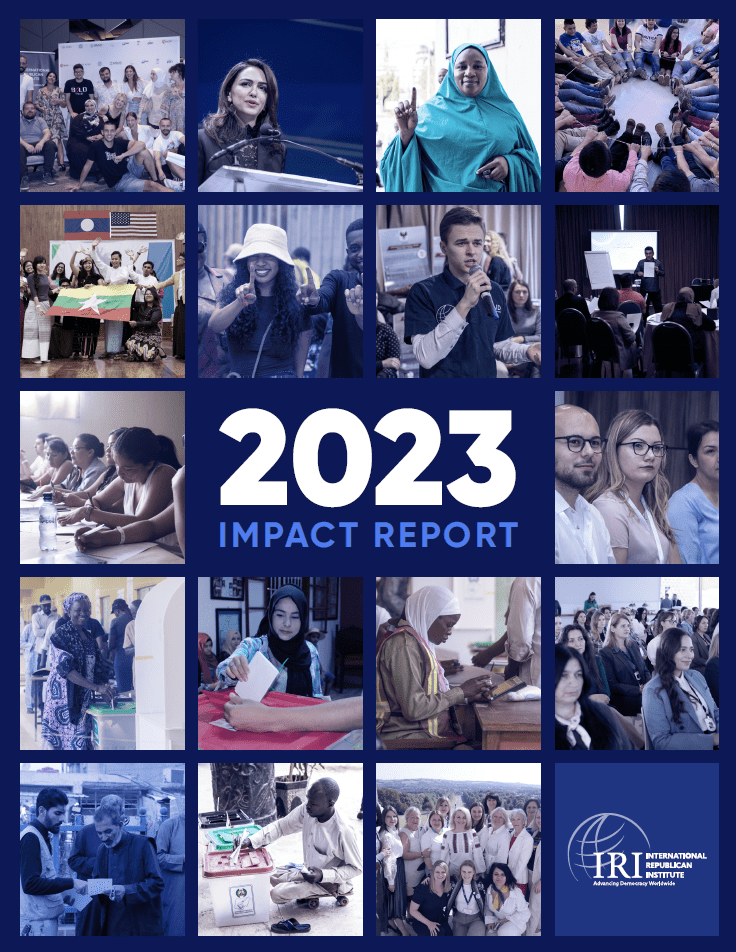
- A Message From IRI’s President
- 2023 Impact at a Glance
- IRI’s Key Impact Areas for 2023
- Strengthening political parties to represent diverse citizen interests
- Empowering civil society to hold governments accountable
- Advancing electoral integrity
- Supporting government and elected leaders to serve responsively and transparently
- Promoting political inclusion
- Fighting corruption and kleptocracy
- Countering foreign authoritarian influence
- Leveraging technology for democracy
- Improving policy responsiveness and raising awareness through polling
- IRI’s 2023 Impact Stories and Local Partners
- Advancing the Rights of Persons with Disabilities in Benin
- Strengthening Local Government Responses to Migration in Colombia
- Building Consensus to Advance Democratic Decision-Making in Georgia
- Empowering Civil Society to Advocate for Citizens’ Views in Iraq
- Laying the Groundwork for Citizen-Centered Governance in Laos
- Local Partner Spotlight: Red Estatal de Jóvenes Anticorrupción
- Revitalizing Women’s Wings in Political Parties in Moldova
- Local Partner Spotlight: Gambia Participates
- Enhancing Women’s and Youth’s Political Leadership in Uganda
- Supporting Ukraine’s Local Government Officials To Strengthen Democracy Amidst War
- Home Oblasts and Communities of IRI Project Management School Graduates
- Empowering Youth to Promote Peace in the Western Balkans
- IRI’s 2023 Technical and Thought Leadership Advancing Democracy, Human Rights, and Governance Work Globally
- IRI’s Board Members
- WDN’s Council Members
IRI’s 2023 Impact Report
Copyright © 2024 International Republican Institute. All rights reserved.
Permission Statement: No part of this work may be reproduced in any form or by any means, electronic or mechanical, including photocopying, recording, or by any information storage and retrieval system without the written permission of the International Republican Institute.
Requests for permission should include the following information:
The title of the document for which permission to copy material is desired.
A description of the material for which permission to copy is desired.
The purpose for which the copied material will be used and the manner in which it will be used.
Your name, title, company or organization name, telephone number, fax number, e-mail address and mailing address.
Please send all requests for permission to:
Attn: Department of External Affairs
International Republican Institute
1225 Eye Street NW, Suite 800
Washington, DC 20005
info@iri.org
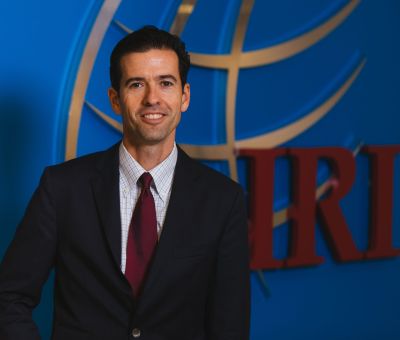
Daniel
Twining, PhD
A Message From IRI’s President
2023 has been a year of both peril and opportunity for all of us dedicated to advancing democracy worldwide. We’ve seen aggressive efforts by China to undermine democratic institutions in every region. In Ukraine, Russian President Vladimir Putin continued his effort to annihilate a sovereign European democracy. And Iran continues its distinction as the leading global supporter of terrorism, while crushing protests demanding women’s rights and liberty at home.
These authoritarian powers are increasingly united in their efforts to upend the free world that the U.S. and our democratic allies and partners have worked so hard to defend. At the same time, we at IRI have seen up close the incredible dedication of so many of our partners around the world to building a democratic future, whatever the obstacles.
More people will vote in 2024 in Asia than in any other region of the world, reminding us that China’s totalitarianism is an outlier in a region that values freedom as much as any other. Polling shows that Africans, more than citizens of any other continent, are more likely to believe that democracy is the best form of government, perhaps because they understand their aspirations for prosperity cannot be met under corrupt authoritarian rule. Demand for constitutional government is universal, and it is alive in every region, irrespective of culture or creed.
We have the privilege of working alongside remarkable men, women, and young people in more than 100 countries worldwide – from Ukraine to Taiwan, Colombia to Nigeria – and are committed to designing and implementing programs that equip these partners with the tools to realize their democratic aspirations. Through training, capacity building, and by sharing expertise, our staff and local partners foster party-based political competition, help legislators better represent their constituencies, enable governments to hold free and fair elections, and empower citizens and civil society to fully participate in the democratic process.
How do we know we’re making a difference? IRI has invested in building a rigorous research, monitoring, and evaluation practice that cultivates innovative evidence-based programming. The goal is to ensure that our work is empowering citizens, bolstering responsive governance, and increasing accountability. This Impact Report captures some of the most striking examples of how the Institute has made a difference through our programs in 2023.

In Ukraine, Russian President Vladimir Putin continued his brutal campaign to annihilate a sovereign European democracy. And Iran retains its distinction as the leading global supporter of terrorism, while crushing protests demanding women’s rights and liberty at home.

In Benin, we helped advance the rights of persons with disabilities (PWDs) by supporting civil society advocacy to break legislative logjams.

In Mexico, we countered corruption and youth apathy through engagement and empowerment at the state level.

In Uganda, IRI facilitated inter-party efforts to create new political leadership opportunities for women and youth.

In Thailand, Nigeria, and Kenya, we empowered citizen election observers to promote electoral integrity.

In Colombia, we equipped local government officials with the tools they need to address pressing governance challenges such as managing uncontrolled migration.

And in Moldova, we revitalized women’s wings in political parties to ensure that diverse voices and candidates are represented in party operations, structures, processes, and priorities.
Together, we are making a measurable and meaningful impact in advancing freedom around the world. We thank all our partners and supporters for helping to make this possible.
Sincerely,

Daniel Twining
2023 Impact at a Glance
Ineffective, unresponsive governance and weak institutions are at the root of global threats to democracy. Entrenched corruption and the resurgence of authoritarianism further exacerbate these challenges. IRI combats these threats and strengthens democracy worldwide through approaches that enhance citizens’ ability to meaningfully participate in government decision-making, while helping those in office respond to the needs of their people in an accountable and transparent manner.
In fiscal year 2023 (October 2022 – September 2023), IRI worked in more than 100 countries to strengthen political parties, civil society, marginalized communities, and in other areas essential to democratic governance. Our staff and local partners supported legislators to enhance transparency and combat corruption, helped citizens counter malign foreign influence, connected policymakers with their constituencies, and empowered individuals who have previously felt left out of the political process.
IRI’s Programs in Fiscal Year 2023
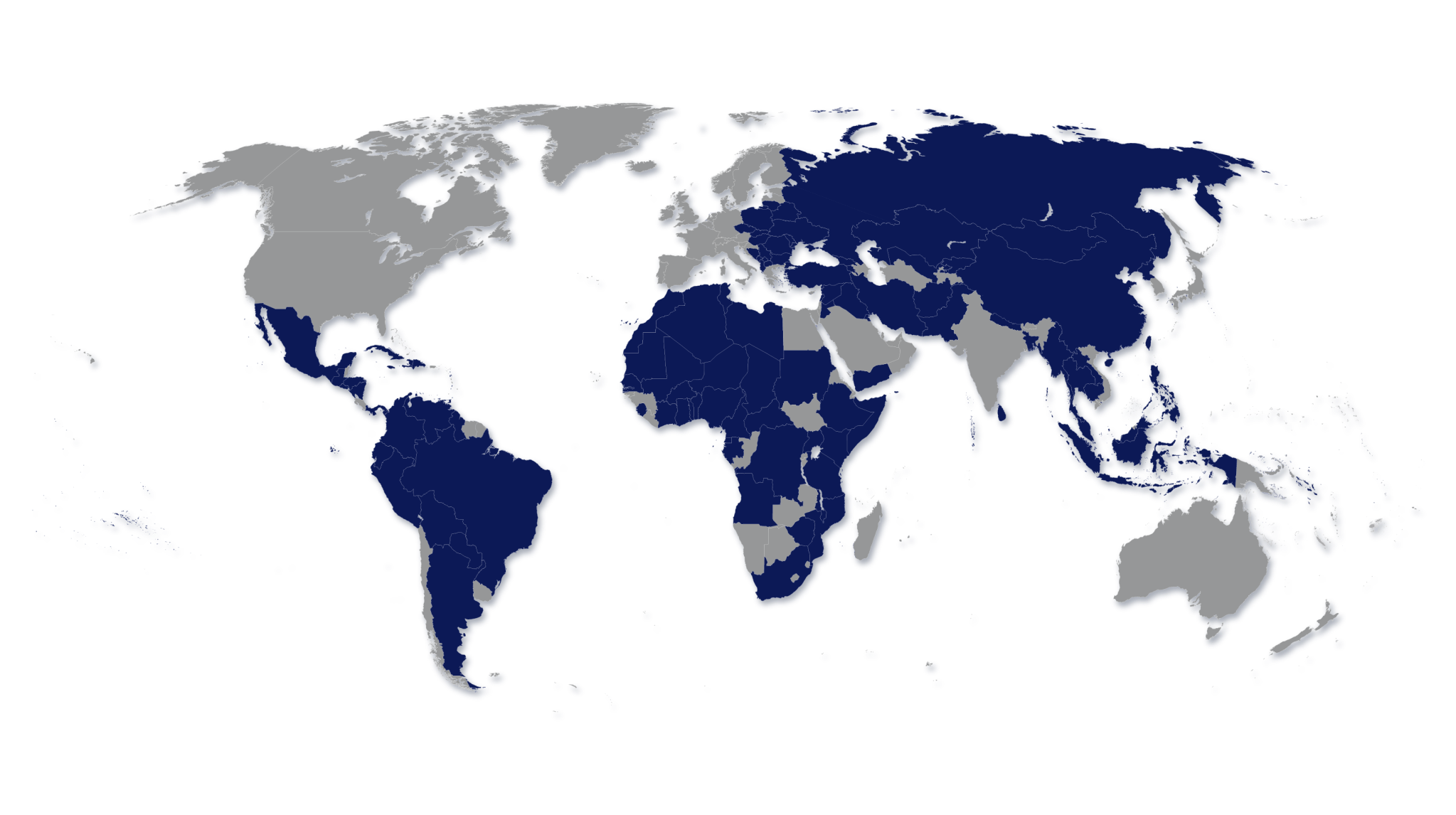
40 projects in 29 countries in Sub-Saharan Africa
48 projects in 20 countries in Asia-Pacific
28 projects in 9 countries in Eurasia
36 projects in 12 countries in Europe
56 projects in 19 countries in Latin America and the Caribbean
39 projects in 13 countries in Middle East and North Africa
32 projects with a global, regional, or thematic focus
IRI’s Key Impact Areas for 2023
Strengthening political parties to represent diverse citizen interests
IRI supports competitive, issue-based political parties that can offer voters meaningful options, aggregate and represent citizen interests, cultivate responsive leaders, and hold governments accountable.

IRI supported 76 political parties in 15 countries. With IRI’s assistance, these parties improved more than 400 policies and practices to enhance internal party operations, include underrepresented groups in party decision-making, and improve overall competitiveness.
Empowering civil society to hold governments accountable
IRI works closely with a broad spectrum of civil society, including formal civil society organizations (CSOs) and nontraditional actors like community leaders and artists, to create and drive local initiatives.

IRI supported 9,122 civil society activists in 31 countries to design, research, build consensus, and implement 758 advocacy initiatives globally.
Advancing electoral integrity
To support electoral integrity, IRI observes elections to deter electoral malpractice and help ensure the will of the people is reflected in the process and results. IRI also works to improve voter and civic education.

IRI sponsored 10,436 election observers across seven countries and reached 19,959,771 individuals through voter and civic education in 39 countries.
IRI and its partners also released reports that included 147 recommendations to enhance electoral integrity in five countries.
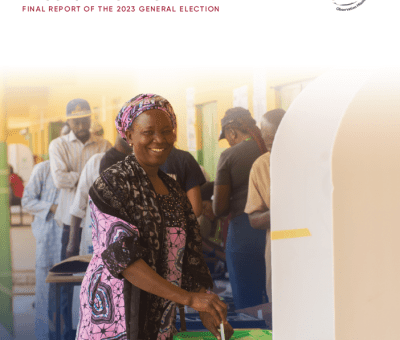
- Resource
- Publication
- Election Integrity
- Nigeria
IRI/NDI International Election Observation Mission…
Final Report of the 2023 General Election
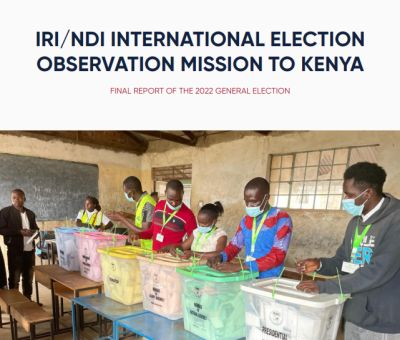
- Resource
- Publication
- Kenya
IRI/NDI International Election Observation Mission…
Final Report of The 2022 General Election
IRI also supported citizen election observation initiatives in The Gambia, Timor-Leste, Thailand, the Democratic Republic of Congo, and Nigeria, bolstering citizen-led movements to monitor the security environment, encourage peaceful participation, and catalyze reform.
Supporting government and elected leaders to serve responsively and transparently
IRI supports elected leaders and legislatures to fulfill their policymaking, budgetary, oversight, and representational roles. IRI builds networks, enhances legislative capabilities, fosters citizen engagement, and promotes democratic practices within government bodies. As co-implementer of the House Democracy Partnership (HDP) and the Institute for Representative Government (IRG), IRI is one of the leading organizations strengthening legislatures and legislators globally. This year, through HDP and IRG alone, IRI held 13 events and exchanges for more than 600 members of parliament and their staff from 34 countries.

IRI engaged 7,480 government and elected officials across 34 countries. With IRI support, these officials developed 796 pieces of legislation and policy documents.
Promoting political inclusion
IRI empowers, connects, and amplifies the voices of underserved and marginalized communities and integrates them into political and civic life. Through its Women’s Democracy Network (WDN) and Generation Democracy initiative, IRI equips women and youth democracy activists with the skills, resources, and networks they need to flourish in their civic and political pursuits.


IRI supported more than 140,000 women and more than 40,000 youth all over the world through training, mentorship, leadership development, political skills building, and other technical assistance.
IRI supported political parties to develop 130 initiatives and policies to improve participation or representation of traditionally marginalized groups, including women, youth, and PWDs.
Fighting corruption and kleptocracy
IRI connects government and non-government partners to reduce vulnerability to corruption, promote transparency, and enhance service delivery. IRI also empowers activists, CSOs, and journalists to better understand and counteract global corruption trends and kleptocratic tactics.
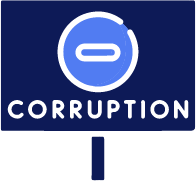
IRI’s anticorruption and transparency programs reached nearly 1,500 individuals in Latin America, Europe, and the Middle East, underscoring our unwavering commitment to the fight against corruption.
Countering foreign authoritarian influence
IRI works with partners in government, political parties, media, civil society, and academia to foster global awareness of, and policy action against, foreign authoritarian influence. IRI strengthens democratic resilience to authoritarian influence and helps foster a network of democracies committed to solidarity against a rising authoritarian tide.
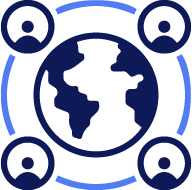
IRI collaborated with media, civil society, and government partners in 68 countries in every region of the world to counter corrosive authoritarian influence.
Leveraging technology for democracy
IRI harnesses digital technologies to enhance democratic values and processes, outcompete digital authoritarians, and increase the resilience of democratic stakeholders against information integrity threats and digital repression.
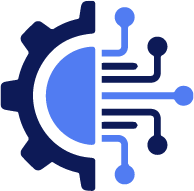
IRI supported 2,485 individuals through training and technical assistance on digital literacy, cybersecurity, digital transformation, and information integrity issues and best practices.
Improving policy responsiveness and raising awareness through polling
Accurate data on citizens’ needs, priorities, and opinions are the cornerstone of developing responsive policies that address citizen concerns. IRI regularly conducts public opinion research and produces analysis with actionable insights for decision makers.

IRI conducted 57 polls in 45 countries to better understand citizens’ needs, concerns, and priorities.
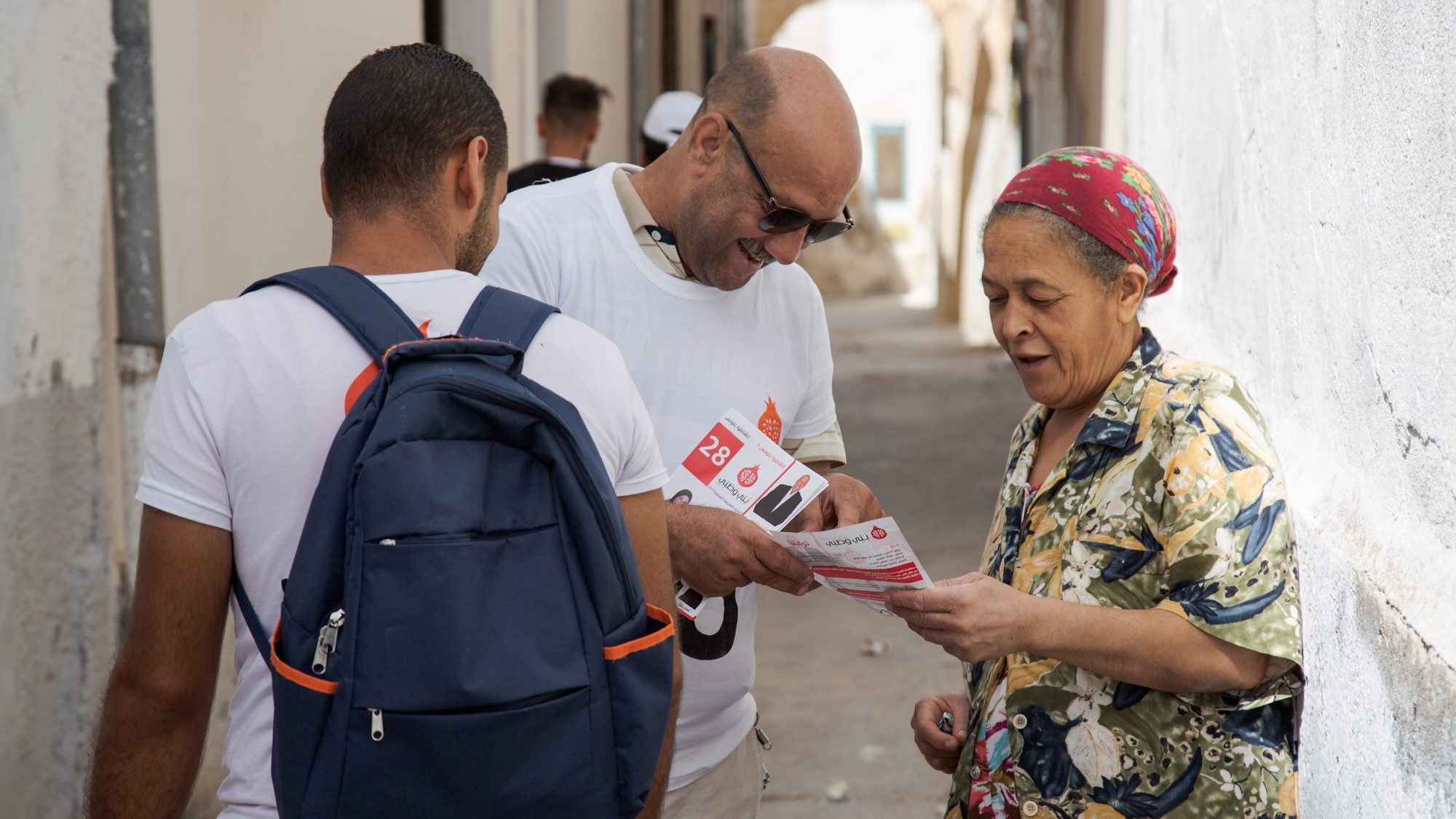
IRI’s 2023 Impact Stories and Local Partners
Since 1983, IRI has worked on the front lines of the global campaign for democracy. As we conclude celebrating our fortieth anniversary, we’re proud to continue our mission of strengthening democratic institutions around the world. Today, our work is empowering people in over 100 countries. More people than ever before want to live in a world in which they control their own destiny. That’s why strongmen are worried – and it’s why they are fighting back. Yet from Ukraine to Taiwan, IRI’s democratic partners are undaunted. We will continue not just to defend democracy, but to advance freedom and counter authoritarianism worldwide. The following examples are just a sample of the impressive results IRI achieved in 2023.
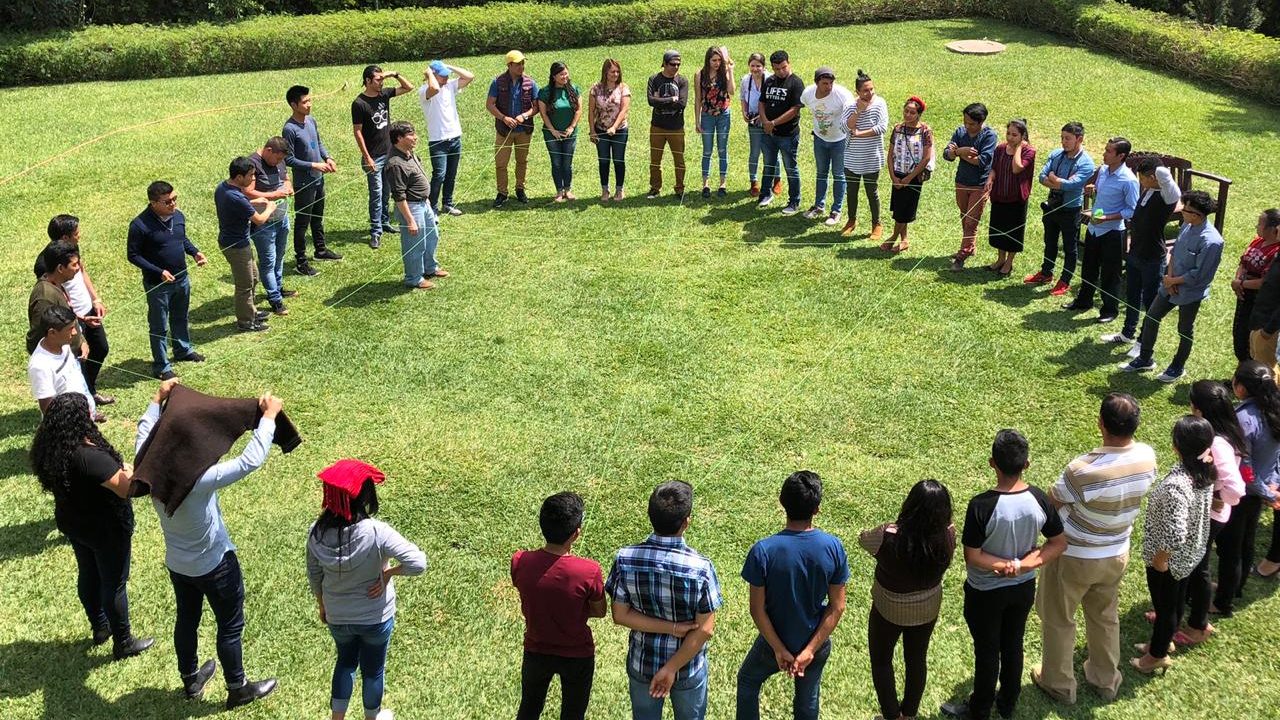
Advancing the Rights of Persons with Disabilities in Benin
In Benin, IRI has been instrumental in strengthening civil society and promoting collaboration between CSOs and government institutions. One important goal of IRI’s work in Benin is empowering CSOs to advocate for citizen priorities, including for marginalized groups like PWDs, who have historically been excluded and marginalized from political processes. Despite Benin’s National Assembly passing a landmark law in 2017 to protect and promote the rights of PWDs, the law’s implementation has lagged due to missing regulatory measures from the executive branch. Recognizing this gap IRI partnered with the Coalition of Civil Society Organizations for Elections and Peace (COSCEP) to strengthen advocacy for the law’s operationalization. IRI organized six consultations with PWD-focused organizations across Benin to develop an advocacy strategy.
Through IRI’s support, COSCEP launched a comprehensive advocacy campaign engaging key institutions like the National Electoral Commission and the Constitutional Court. The coalition also presented the Advocacy Document to the National Assembly, where many parliamentarians acknowledged they lacked awareness of the regulatory measures that would activate the 2017 law. In addition, with IRI’s support, COSCEP engaged political parties and civil society and began social media and radio campaigns to bring more pressure for action. On June 22, 2023, the Council of Ministers announced regulatory measures to operationalize the law. The coalition credited IRI’s support for the effectiveness of the advocacy campaign and persistent engagement with authorities, which improved the coalition’s capacity for advocacy, contributed to the landmark policy change, and raised general awareness of the challenges faced by PWDs in Benin.
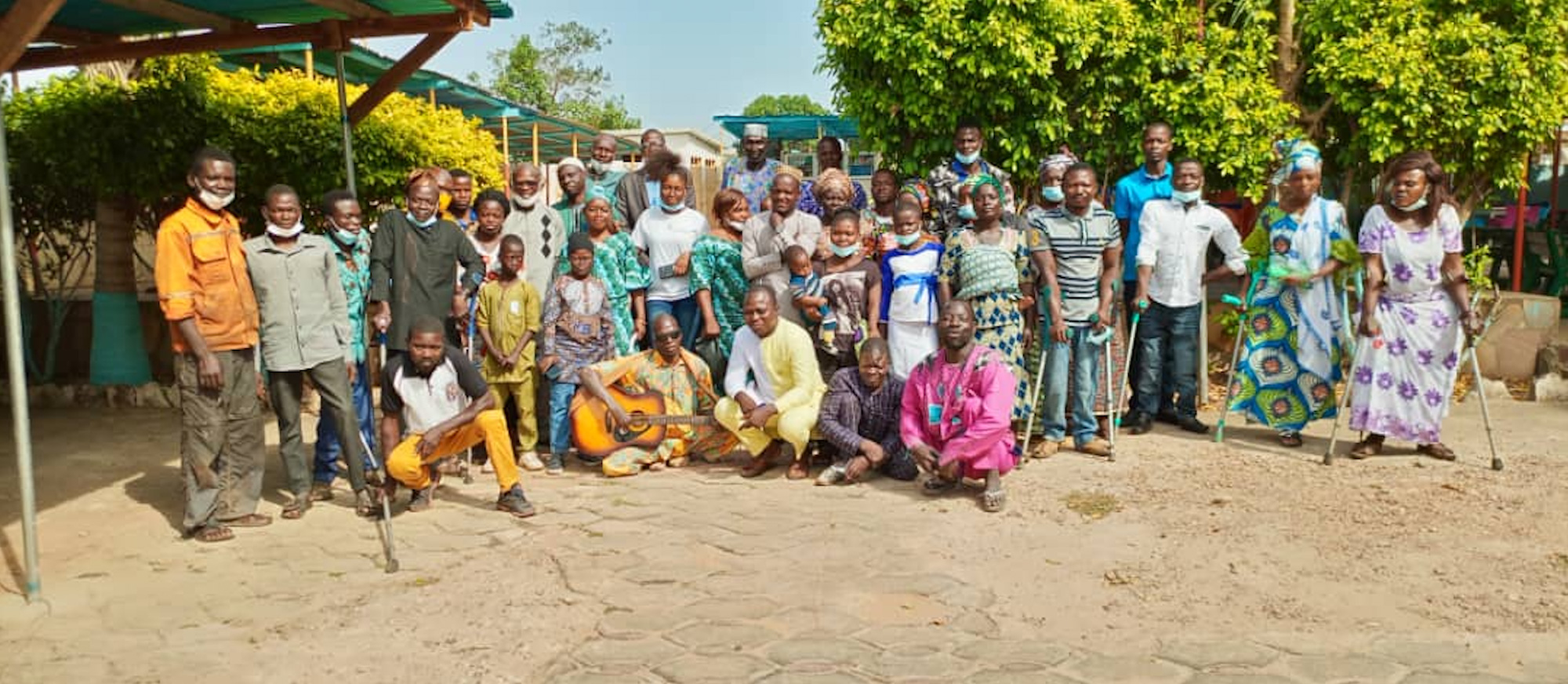
It’s a decision we’ve been waiting for a long time, and we were delighted when the decrees were issued. The advocacy supported by IRI has been of great importance.
Nassirou Domingo – President of the PWDs Federation
Strengthening Local Government Responses to Migration in Colombia
In Colombia, IRI has supported local officials to respond to the impacts of increased migration from Venezuela on border communities and budgets. Colombia continues to face intense pressure to manage the myriad issues presented by widespread migration. Often this pressure is felt most acutely by local government officials trying to support migrants to navigate unfamiliar and sometimes confusing legal and administrative processes, government services, and economic opportunities. Meanwhile, local government officials are also trying to improve migrants’ integration into the local social fabric and manage tensions between migrants and host communities.
Recognizing that local government officials in Colombia needed clear, practical resources and consultative support to tackle these governance challenges, IRI developed a toolkit outlining municipal-specific resources and strategic action items to address the needs of migrant populations. Last year, IRI convened a summit, “Café por la Integración,” for 52 local and national government officials as well as international actors such as the United National High Commissioner for Refugees, the International Organization for Migration, and the International Committee of the Red Cross.
During this summit, IRI established an expert working group to help guarantee academic resources and socio-emotional support for migrant children, increase funding and resources for nutritional programs, and provide better access to employment opportunities. Only two weeks later, and independently of IRI, Valledupar’s government formed a Migration Working Group, Mesa Migratoria, modeled on one established during the IRI-hosted “Café por la Integracion.” The working group, led by local officials, oversees implementation of recommendations from national officials, international organizations, and local CSOs. IRI is proud to have seeded a replicable working group model to help Colombia’s local government officials address the critical governance issue of migration.


Building Consensus to Advance Democratic Decision-Making in Georgia
In Georgia, IRI launched a working group comprised of diverse voices that developed and proposed polices to strengthen the country’s economy. While Georgian politicians are well-versed in democratic norms and processes, persistent political polarization and an uneven political playing field prevents the government of Georgia from effectively responding to citizens’ needs. Struggling to push back on the overwhelming presence and pressure of the Kremlin, Georgian political parties are failing to respond effectively to citizen needs and concerns.
Recognizing this gap and the threat that it represents to democracy, IRI convened groups of Georgian leaders from academia, business, political and religious sectors to engage in dialogue sessions to discuss brain drain, a concern identified by all groups as a priority. The five working groups developed 78 specific policy recommendations to address this pressing issue. Next, each working group agreed on their top five recommendations. Then IRI supported inter-working group discussions to come to consensus on and prioritize 10 recommendations. The working groups including 19 clergymen representing six different major religious denominations, Georgian Orthodox, Muslim, Catholic, Jewish, Armenian, and Yazidi. The working groups presented the 10 policy recommendations to a panel of parliamentarians from opposition parties. This group marks one of the only NGO-led engagements in post-Soviet Georgia to include representatives from these six religious denominations. Given the current geopolitical landscape in Georgia, this kind of constructive dialogue among diverse religious leaders is impressive.
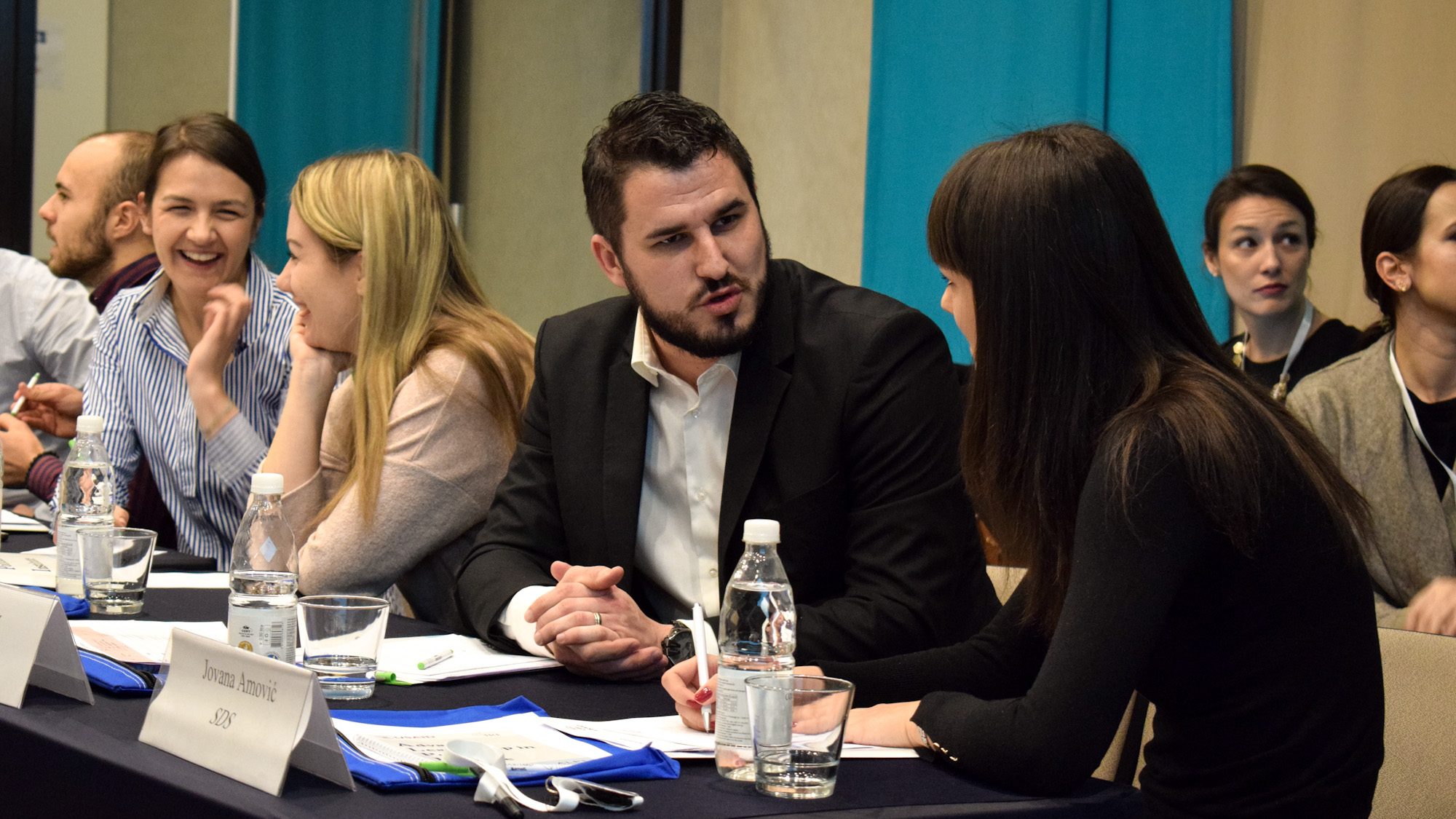
Empowering Civil Society to Advocate for Citizens’ Views in Iraq
In Iraq, IRI supported CSOs to develop and pass legislation that addressed long-standing issues with provincial council elections. In the last 20 years, Iraqi CSOs played a vital role in assisting the government and citizens during crises including the internal displacement precipitated by the 2013-2017 ISIS (Islamic State) invasion. Despite these valuable efforts, Iraqi CSOs still suffer from the legacy of authoritarian rule which inhibited their operations. There have been few CSO-led initiatives focused on long-term democratic consolidation.
This year, IRI supported a cohort of Iraqi CSOs to launch a campaign advocating for reforms reflecting citizens’ views to the Provincial Council Elections Law. Provincial Councils are an integral part of Iraq’s constitutional framework and can play a vital role in advancing democracy by empowering citizens to choose local representatives.
Recognizing this, IRI worked closely with its CSO cohort to conduct roundtables, focus group discussions, and a national survey to understand the perceptions of nearly 3,000 Iraqis. Based on this data, the cohort crafted 10 policy recommendations related to Provincial Council reform. To gain stakeholder support for the policy recommendations, the cohort held over 100 outreach events engaging legislative and executive authorities, holding discussions, and conducting mass mobilization workshops with community leaders. Their advocacy efforts also garnered local and national media attention, including through videos on social media that reached over 1 million views. At the conclusion of the campaign, the cohort expanded their network to 285 CSOs, federations, media institutions, and legislative and executive authorities across Iraq, demonstrating the influence of a coordinated grassroots movement in encouraging democratic reform.
As a result of the IRI-supported advocacy campaign, Iraq’s parliament accepted two policy recommendations in March 2023. Parliament amended the Provincial Council Elections Law to stipulate that voters register using long-term biometric cards to reduce fraud and to ensure timely announcement of initial election results. The success of this first-of-its-kind civil society-led campaign to advance citizen-responsive legislation highlights how civil society can build momentum for change.
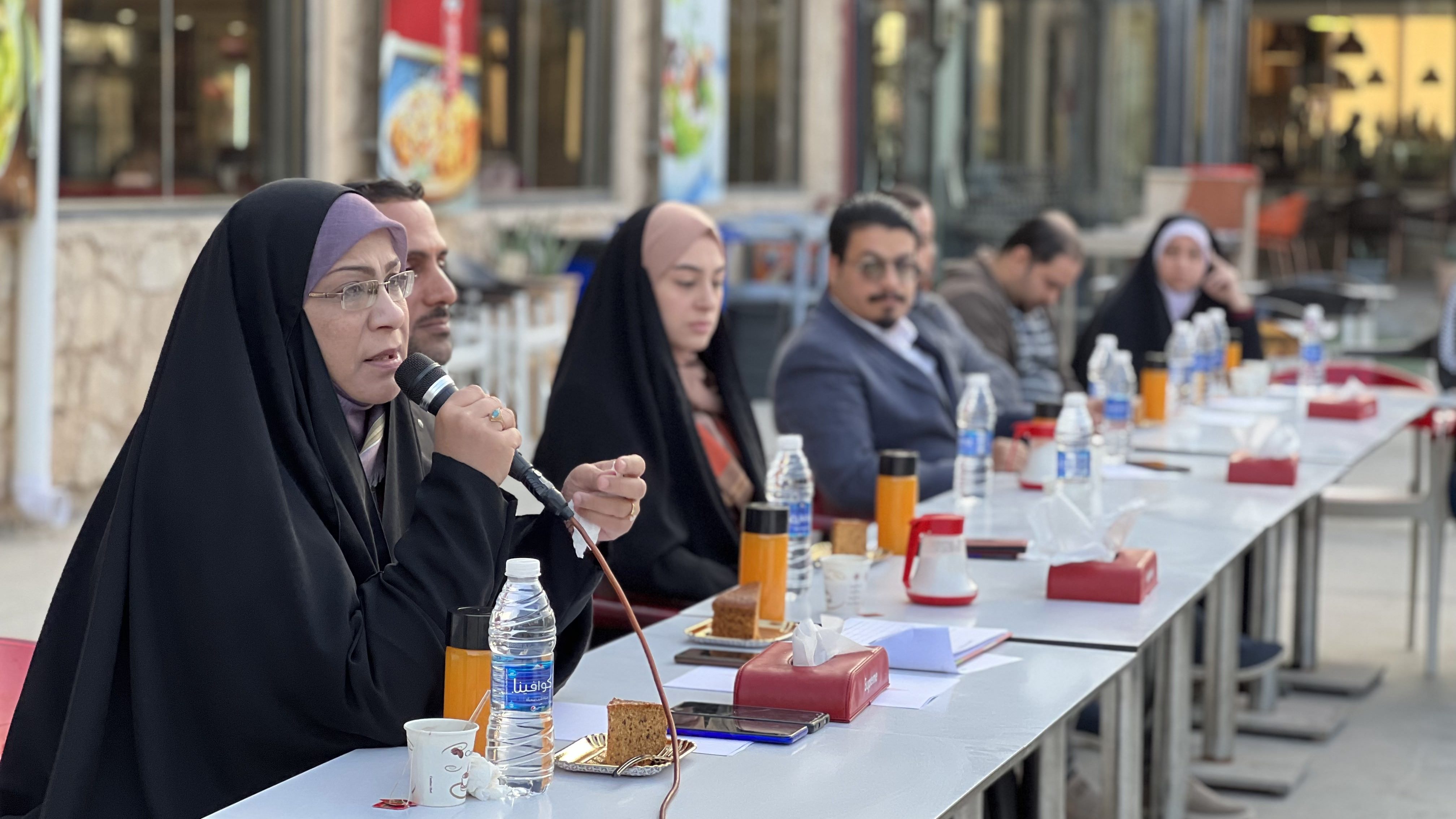
Laying the Groundwork for Citizen-Centered Governance in Laos
In Laos, IRI trained and mentored civic leaders who went on to become influential advocates for the rights of PWDs. Civic leaders and non-profit associations face burdensome regulations around registration and financing, which hampers their operations and limits civic engagement. To prepare for responsive, citizen-centered governance in Laos, IRI supports the development of a resilient civil society that represents citizen demands and elevates the voices of marginalized communities, especially at the local level. IRI is building the capacity of civic leaders, including those with disabilities, to become advocates for their peers.
At least 35 civic leaders who participated in IRI-supported training and workshops on advocacy and communication used their skills to organize across Laos. With IRI’s support, Quality of Life Association, a Laotian non-profit organization, trained a group of village representatives from the Kham District to identify and understand the needs of PWDs and identify barriers to their full integration into Laotian society. One civic leader with a disability, Ms. Bouavieng Phanousy, who participated in the training, was appointed to the Kham District’s Disability Inclusion Committee, leveraging the skills gained during IRI-supported training to secure her appointment. In her committee work, she used her skills to advocate for the rights of PWDs in her own village, as well as surrounding villages, securing important wins such as direct acknowledgement from her district’s Labor and Social Welfare Office for her efforts and raising awareness among citizens and local government leaders about the challenges PWDs face in Laos.
Today she is assisting 26 PWDs and their families come up with solutions to the challenges they encounter in their daily lives. Ms. Phanousy is also advising the district’s Office of Education and Sports on disability inclusion practices in four primary schools and receives frequent invitations from the Kham District’s labor and social welfare offices to share her expertise and experience at village-level meetings. As a result of her successful advocacy, district-level government officials continue to involve civic leaders as liaisons between government stakeholders and PWDs, sustaining improvements made in the relationship between local government and civil society.


Local Partner Spotlight: Red Estatal de Jóvenes Anticorrupción
IRI-supported youth established a burgeoning and increasingly impactful anti-corruption organization in Guanajuato state, Mexico. Corruption and youth apathy towards political engagement are longstanding challenges to Mexico’s democratic development. Recognizing the intersection of these challenges, IRI supports youth to understand the effects of corruption on their lives and communities and empowers them with skills and resources to advocate for transparency at the state level. After attending a series of IRI anti-corruption education initiatives, six young participants from the Mexican state of Guanajuato founded the Red Estatal de Jóvenes Anticorrupción (State Anticorruption Youth Network) or REJA. REJA is now a network of approximately 30 Guanajuanto university students committed to motivating other young people in the state to become involved in the fight against corruption.
Since March 2023, REJA members have facilitated a series of workshops on anti-corruption for 1,828 individuals and participated in nine anticorruption discussions with representatives of the State Anti-Corruption System of Guanajuato. These discussions provided a platform for young REJA members to engage high-level government officials, and express their ideas, priorities, and suggestions on a range of anti-corruption topics, including gender issues, crimes related to corruption, corruption sanctions, audit and internal control measures, and the functioning of the National and State Anti-Corruption System. Notably, these anti-corruption discussions were held in different municipalities across Guanajuato, taking these youth-driven messages to places that have previously had neither exposure to anti-corruption initiatives nor experience with youth engagement on these key issues. REJA is now becoming a formally registered non-governmental organization and the network continues to grow. IRI is proud to have supported REJA’s founders in their initial start-up and looks forward to continuing to support REJA as they motivate and engage youth in the political process and fight for transparency and anti-corruption efforts in Mexico.


Revitalizing Women’s Wings in Political Parties in Moldova
In Moldova, IRI trained and provided technical assistance to political parties which increased recruitment of women candidates. According to IRI’s polling data, conducted and released in 2023, Moldovans want to align with the West and accede to the European Union. In support of these aspirations, it is critical to shore up Moldova’s democracy by ensuring political parties develop strong national networks that draw from a variety of voices and perspectives. Such networks and connections are vital to establishing and maintaining a pipeline of new political leaders, including those from traditionally marginalized or underrepresented groups, who are prepared with the knowledge and skills to continue to deepen Moldova’s democracy.
In support of this goal, throughout 2023, IRI held nearly 90 training sessions and events for more than 20 Moldovan political parties on strategic planning, campaign training, and aiding women’s wings in strategic communications and constituent outreach. Leveraging what they learned during IRI workshops, one political party, the Platform of Dignity and Truth (DA Platform), successfully revitalized its women’s wing, recognizing untapped potential in this important demographic. IRI guided party leadership as it developed a strategic plan for the women’s coalition that clearly articulated its priorities and objectives. Following steps outlined in the strategic plan, the party intentionally involved women party members in mayoral campaigns, elevated policy issues important to women, including economic opportunities and countering violence against women and children, and recruited more than 60 women to run for mayoral positions in the November elections. Many of the women recruited were first-time candidates, a significant achievement to ensure women’s voices and perspectives are heard in politics in Moldova.
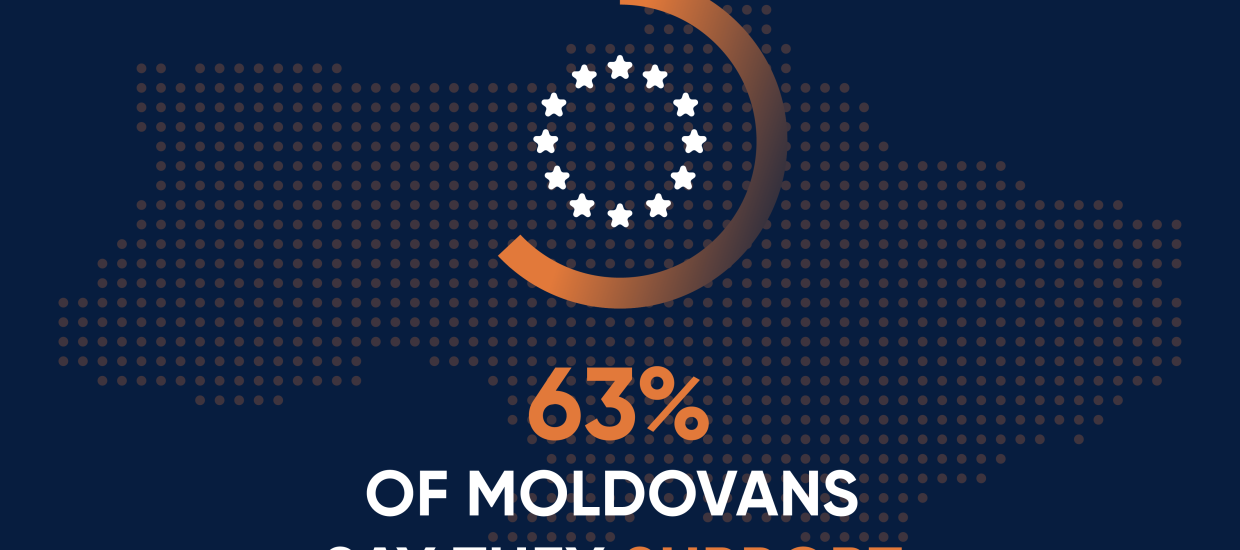
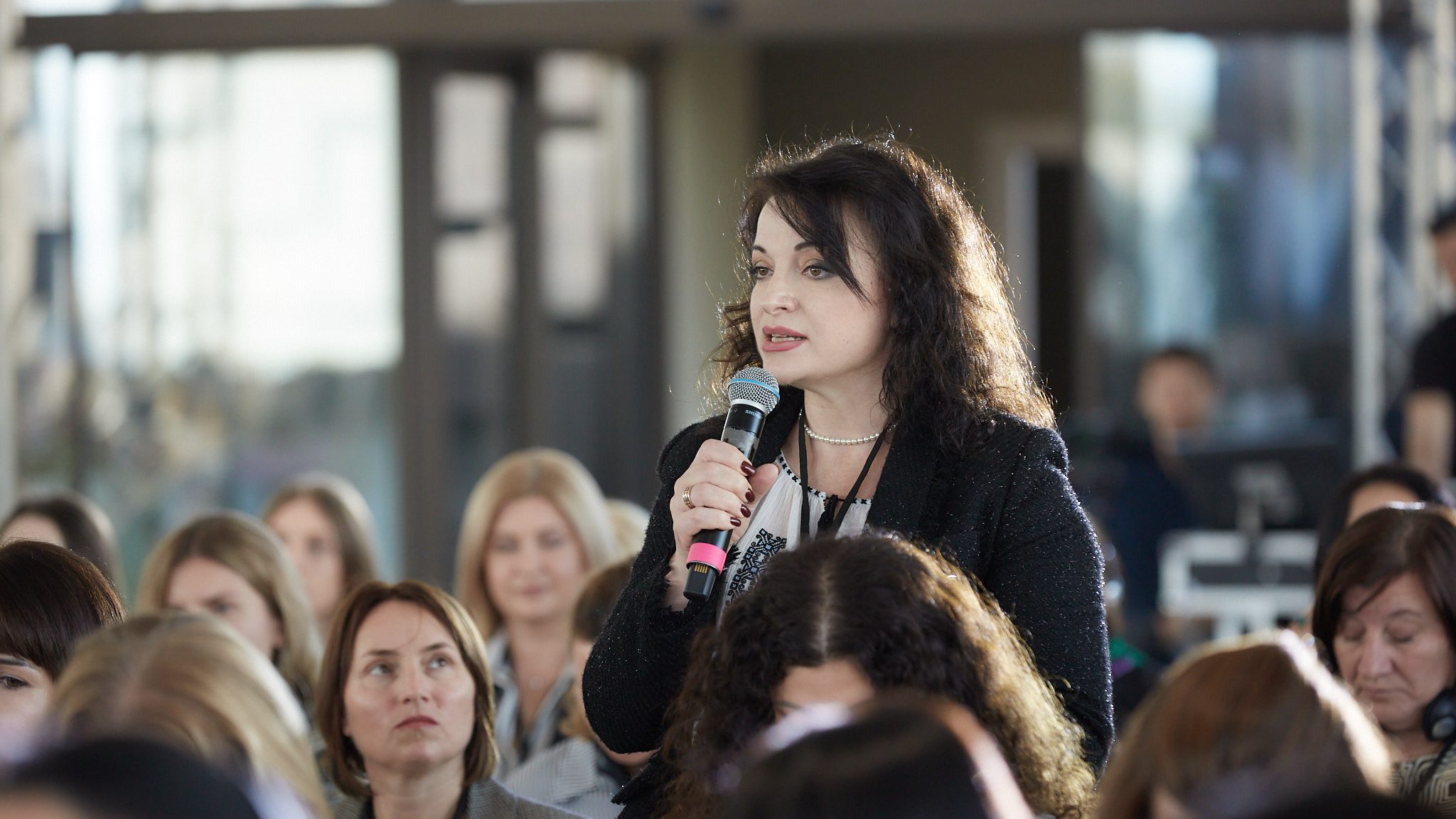
Local Partner Spotlight: Gambia Participates
In The Gambia, an IRI-supported partner made government budget information available publicly for the first time and increased citizen participation in budget discussions. Since The Gambia’s transition from a 22-year dictatorship to a democracy in 2017, IRI has supported local partner Gambia Participates (GP) to drive fiscal transparency, government accountability, constitutional reform, and electoral integrity efforts. Recognizing that opening the government’s financial activity to the public would help Gambians experience the transparency and accountability that democracy can offer, IRI and GP jointly pursued work that would allow Gambians to see and understand, for the first time, how and where the government was spending public resources through GP’s Know Your Budget Initiative. As a result of this ongoing partnership, GP worked with the Gambian Ministry of Finance to produce an easily accessible version of the national budget, known as the citizen’s budget, which is available online. This citizen’s budget represents the first time that The Gambia has made budget information publicly available to its citizens, significantly contributing to fiscal transparency and government accountability.
Building on this success, the National Audit Office (NAO) adapted a similar strategy and independently collaborated with GP to simplify the NAO’s 2016, 2017, and 2018 audit reports for the first time, publicly discussing findings on government expenditures. Now, with the model and process established, the NAO continues to provide simplified audit reports and has expanded the practice to provide simplified reports for special audits. In addition, since 2017, IRI and GP have facilitated approximately five training sessions and seminars for new and re-elected parliamentarians on budget oversight methods. This technical support has empowered more than 30 Gambian legislators and their staff to better understand and fulfill their oversight of the executive branch of government. To complement this engagement, IRI and GP also engaged citizens in more than 200 rural communities in all seven of the country’s administrative regions to increase citizen awareness of, and participation in, budget discussions and accountability practices. Cumulatively, these efforts helped The Gambia improve its transparency score from 4 to 35 (out of 100) in the Open Budget Survey, the gold standard for tracking and measuring fiscal transparency globally.
Enhancing Women’s and Youth’s Political Leadership in Uganda
In Uganda, IRI enabled inter-party cooperation which resulted in sustainable government support for youth and women’s involvement in party activities. Ugandan women and youth leaders are often underrepresented in political parties, deeply impacting their participation in decision-making. IRI and its Women’s Democracy Network’s Uganda Country Chapter supported the Interparty Youth Platform (IYOP) and the Interparty Women Platform (IWOP) to advocate for better political opportunities for women and youth. IYOP and IWOP are independent networks comprised of 10 political youth leagues and 10 political women’s leagues. This cross-party collaboration alone is a notable and strategic shift in approach since Ugandan political parties have not traditionally worked together. Prior to the establishment of these networks, it was almost impossible for different political parties to sit in the same room to discuss issues of national concern.
Recognizing this important opportunity to jointly amplify their voices and concerns, and with capacity-building and strategic planning guidance from IRI, members of IYOP and IWOP held numerous advocacy meetings with the Ministry of Justice and Constitutional Affairs and the Electoral Commission. They raised concerns and presented constitutional and electoral reform proposals to better encourage women and youth to participate in the country’s political process. Additionally, IRI facilitated nine separate meetings and activities between the IWOP and IYOP leaders and senior political figures to showcase the capabilities of youth and women in politics to the senior leaders and bolster their profiles within their respective parties. As a result of these efforts, IWOP and IYOP successfully secured financial support to establish party-specific youth and women’s leagues. This unprecedented financial support, in some cases provided directly by senior political leaders, will help ensure the viability and sustainability of IWOP, IYOP, and the youth and women’s leagues in the future.
Separately, IYOP’s advocacy to the Electoral Commission was warmly received and resulted in several new initiatives between it and IWOP, all to increase youth engagement in the electoral process. This breakthrough collaboration effort among political parties through IWOP and IYOP is helping ensure women and youth have a meaningful chance to shape policies, practices, and structures within political parties in Uganda.
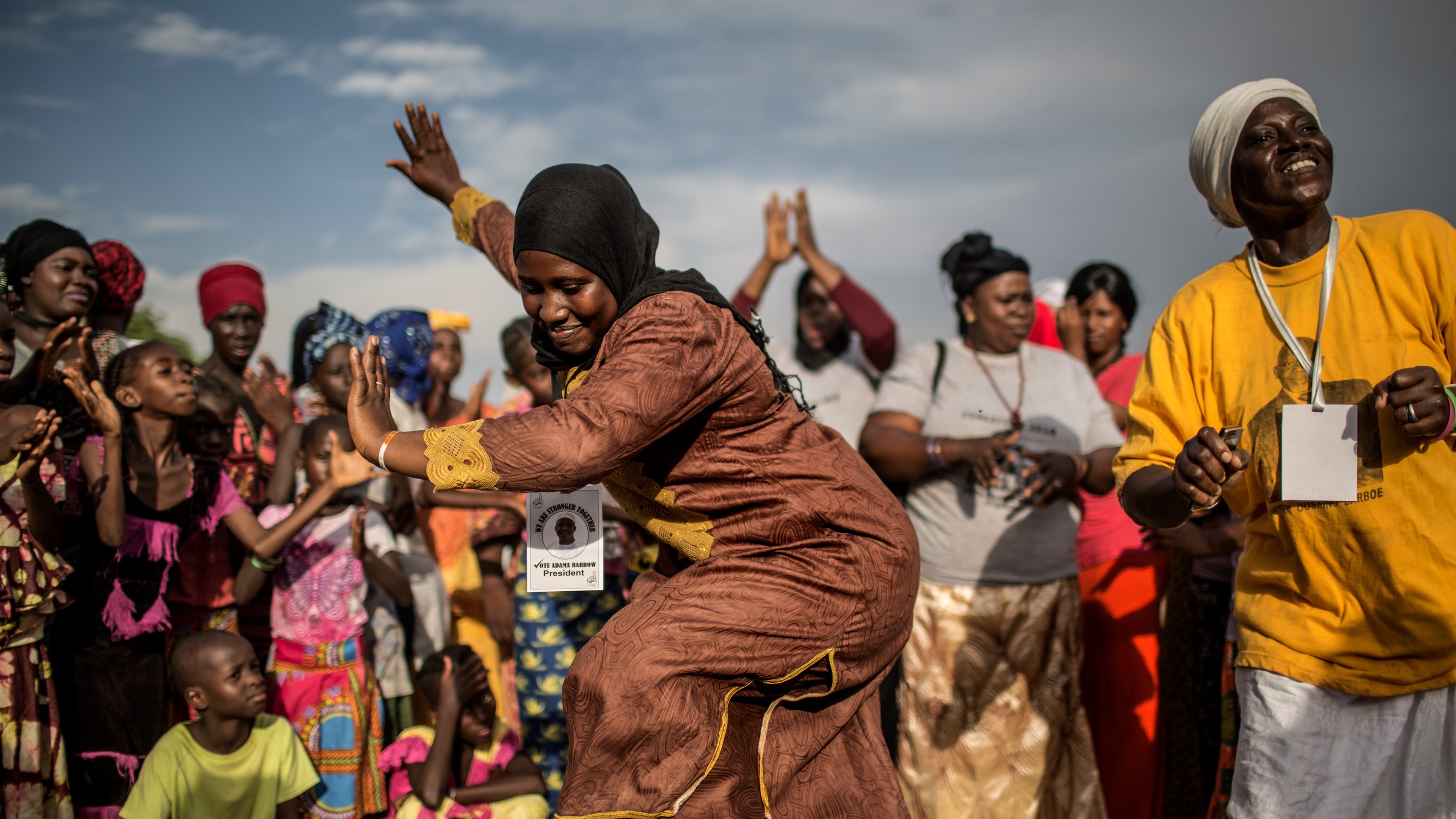
Supporting Ukraine’s Local Government Officials To Strengthen Democracy Amidst War
In Ukraine, IRI supported 1,778 local government officials and to excel in their newly expanded war-time roles and by training women leaders who developed and implemented policy solutions for war-time issues.
Throughout 2023, IRI continued to support Ukraine to fortify its democracy. In response to the country’s wartime effort, Ukraine’s local government officials (LGOs) have assumed new responsibilities, which represent autonomy previously unknown at the sub-national level. This includes managing cities during the war, ensuring institutions continue to function, supplying electricity, water, and heat during enemy shelling, communicating effectively with, and supporting, community representatives, and providing support for internally displaced persons (IDPs). IRI is leveraging 30 years of experience in Ukraine to ensure local government officials are equipped with the skills, resources, and networks they need to excel in these new roles. In 2023, IRI supported 1,778 Ukrainian LGOs, including 491 women, through 65 events across Ukraine. These included webinars, training, seminars, interregional study tours on topics such as local council budget processes, working with IDPs, the role of local councils during martial law, strategies for wartime communications with citizens, and strategic planning and community recovery plans.
IRI’s support also includes its Project Management School (PMS) which connects and empowers Ukrainian reconstruction experts and local government officials responsible for city management during the war. PMS participants learn about post-war community reconstruction and development, how to secure financing from the national government and international funders, and how to manage reputational risk. Local government officials from 17 of Ukraine’s 24 oblasts graduated from the PMS program this year. They are using the lessons and tools they learned to work with local and international organizations on evidence-based communication strategies as well as successful approaches to execute de-mining campaigns. Another PMS graduate began work on the construction of an administrative service center, and leveraged lessons and connections made during IRI’s PMS to secure funding from the European Investment Bank under the Emergency Credit Program for the Recovery of Ukraine.


Home Oblasts and Communities of IRI Project Management School Graduates
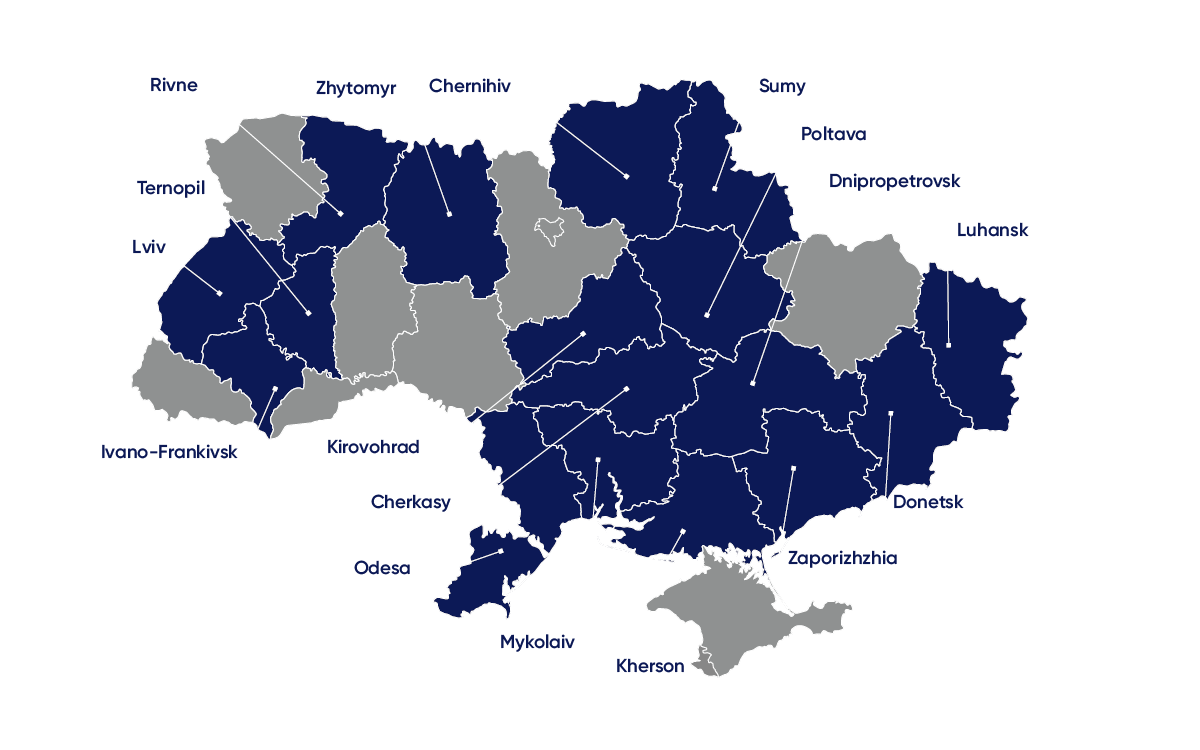
Recognizing that women are experiencing the war uniquely, have critical insights into community needs, and are assuming new roles and responsibilities in Ukraine’s governance structure, IRI supported 11 Ukrainian female government and civil society leaders to travel to and learn from Northern Ireland’s experience rebuilding after conflict. Inspired and informed by the lessons learned in Northern Ireland, and with continued support and engagement from IRI’s Women’s Democracy Network’s Ukraine Country Chapter, a women’s political leadership network with nationwide infrastructure, the exchange delegates returned to Ukraine and almost immediately developed 10 specific policy recommendations to address conflict-related issues in their communities. Within six months, local councils adopted all 10 policy recommendations. The recommendations include establishing a community hub to advance veterans’ education and volunteerism; building IDP rights and wellbeing; developing a business incubator program for women in Novo Odesa; creating an inter-political party caucus to collaboratively address reconstruction and rehabilitation efforts in Zaporizhzhia; and launching programs to provide psychosocial support for trauma-affected women and girls in Pervomaisk and Vilnohirsk. These examples highlight how IRI is shoring up Ukraine’s democratic processes and structures at the local level, while simultaneously supporting Ukraine’s war effort against Russia.
Empowering Youth to Promote Peace in the Western Balkans
In the Western Balkans, IRI established a regional network of young leaders from Bosnia and Herzegovina, Kosovo, and Serbia who are committed to promoting reconciliation in the region and who have developed an action plan to pursue this aim. More than 20 years after the brutal Yugoslav wars, the Western Balkans remain divided, and reconciliation and peacebuilding are long overdue. Recognizing that such fragility threatens democratic gains made in the region since the conclusion of the conflicts, IRI and six Balkan organizations created a network of young leaders committed to advancing reconciliation. In late 2022, IRI, the Divac Foundation, the Belgrade Center for Security Policy, the Faculty of Political Sciences at the University of Sarajevo, PRONI Center for Youth Development, Peer Educators Network Kosovo, and the Kosovo Center for Security Studies launched the Regional Youth Partnership Network to connect 60 young change-agents from Bosnia and Herzegovina, Kosovo, and Serbia. The network’s whole-of-society approach includes young leaders from arts and culture, academic and policy research, business and entrepreneurship, media, politics, and sports. Given the tensions still prevalent in the Western Balkans, this cross-ethnic and cross-national collaboration is significant.
In the network’s early days, politically charged comments fomented mistrust among the group. However, IRI leveraged this to put reconciliation best practices into action and worked with participants to ease tensions and help them move forward. This year, the network, with IRI’s support, achieved several notable milestones including 24 meetings, nine community outreach activities, and four training sessions on trust and peacebuilding for more than 100 individuals. The network has (1) defined a clear goal, which is to achieve reconciliation and peacebuilding in the region; (2) committed to using its platform to engage the broader public to ensure the project’s sustainability; and (3) commissioned research activities to empower participants to feel more understanding and empathy toward those on the other side of the conflict. Through the network, IRI is connecting young people from different groups to interact purposefully and is building more resilient social ties in the Western Balkans.
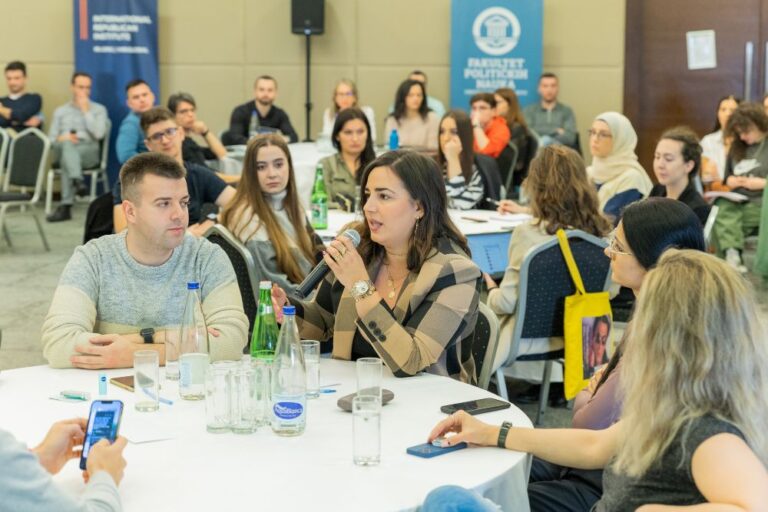
Meeting other people, especially not from your country, not your tradition, not your language – somebody that, if it wasn’t this program, you would never meet – I’m inspired and I really want to collaborate with a lot of them. Sharing our thoughts about our countries, how can we impact the future, it really helped us talking and having our vision when we are the future leaders. We are manifesting things.
Kosovar participant
IRI’s 2023 Technical and Thought Leadership Advancing Democracy, Human Rights, and Governance Work Globally
IRI cultivates innovative, evidence-based programming approaches and resources to help the Institute and its partners address emerging trends and challenges to democracy. In 2023, IRI developed more than 35 resources for the democracy, human rights, and governance community to design and implement effective, responsive programming to meet the needs of our partners around the world. Selected highlights include:
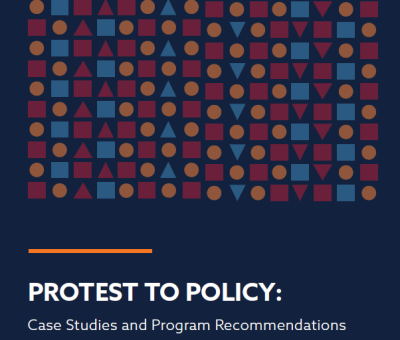
- Resource
- Publication
- Citizen-Centered Governance
Protest to Policy
Case Studies and Program Recommendations
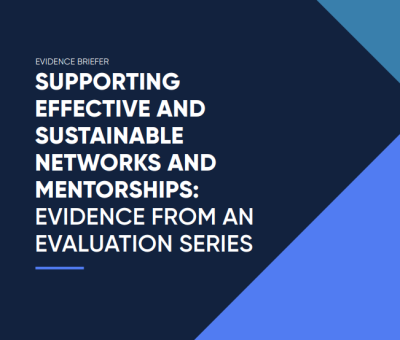
- Resource
- Publication
Evidence Briefer: Supporting Effective and Sustain…
Evidence from an Evaluation Series
Raising awareness on the varied challenges democracy faces globally is crucial to ensuring IRI’s partners have the support they need from the U.S. Congress and other policymakers. Four times this year IRI staff testified before Congress demonstrating their global democracy issues.
IRI’s Board Members

U.S. Senator Dan
Chairman
Randy
Scheunemann
Vice Chairman

Alec L.
Poitevint II
Secretary – Treasurer

Kelly
Ayotte
Board Member

Judy
Black
Board Member, IRI | Advisory Council Member, WDN

Gahl Hodges
Burt
Board Member

U.S. Senator Tom
Cotton
Board Member

Ambassador Paula
Dobriansky
Board Member

Congressman Jake
Ellzey
Board Member

U.S. Senator Joni
Ernst
Board Member

Frank J.
Fahrenkopf, Jr.
Board Member

Christopher J.
Fussner
Board Member

Cory
Gardner
Board Member

U.S. Senator Lindsey
Graham
Board Member

U.S. Representative Kay
Granger
Board Member

William J.
Hybl
Board Member

Mark
Kirk
Board Member

David
Kramer
Board Member

Tami
Longaberger
Board Member

Peter T.
Madigan
Board Member

Lieutenant General H.R.
McMaster
Board Member

Constance Berry
Newman
Board Member

Matt
Pottinger
Board Member
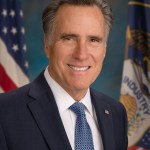
U.S. Senator Mitt
Romney
Board Member

Ileana
Ros-Lehtinen
Board Member

U.S. Senator Marco
Rubio
Board Member

Ambassador Kristen
Silverberg
Board Member

Frances
Townsend
Board Member

Ambassador Gaddi
Vasquez
Board Member

Olin L.
Wethington
Board Member
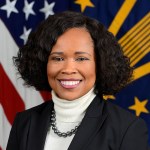
Dana W.
White
Board Member
WDN’s Council Members

Liz
Banicki
Advisory Council Member, WDN
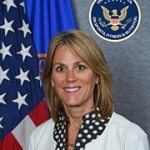
Brenda
Becker
Advisory Council Member, WDN

Michelle
Bekkering
Advisory Council Member, WDN

Judy
Black
Board Member, IRI | Advisory Council Member, WDN

Debbie
Brown
Advisory Council Member, WDN

Maria
Cino
Advisory Council Member, WDN

Alison (Lisi)
Clark
Advisory Council Member, WDN

Julie
Cram
Advisory Council Member, WDN

Ashley
Davis
Co-Chair, WDN

Amb. Paula
Dobriansky
Advisory Council Member, WDN

Molly
Donlin
Advisory Council Member, WDN

Missy
Edwards
Advisory Council Member, WDN

Carla
Eudy
Advisory Council Member, WDN

Sara
Fagen
Advisory Council Member, WDN

Lisa
Gable
Co-Chair, WDN

Courtney
Geduldig
Co-Chair, WDN

Aimee
Gilroy
Advisory Council Member, WDN

Karen
Johnson
Advisory Council Member, WDN

Myriah
Jordan
Co-Chair, WDN

Emily
Lampkin
Advisory Council Member, WDN

Meghan
Latcovich
Advisory Council Member, WDN

Ann
Liebschutz
Advisory Council Member, WDN

Colleen
Litkenhaus
Advisory Council Member, WDN

Larissa
Martinez
Advisory Council Member, WDN
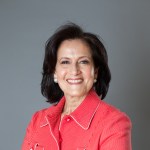
Anita
McBride
Advisory Council Member, WDN

Sharon
McBride
Advisory Council Member, WDN

Leigh
Moyers
Advisory Council Member, WDN

Heather
Nauert
Advisory Council Member, WDN

Ashley
O’Connor
Advisory Council Member, WDN

Morgan
Ortagus
Co-Chair, WDN
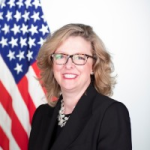
Elizabeth
Pinkerton
Advisory Council Member, WDN

Elizabeth
Pishny
Advisory Council Member, WDN

Sarah
Rajtik
Advisory Council Member, WDN

Tory
Sendek
Advisory Council Member, WDN

Sarah
Stern
Advisory Council Member, WDN

Patty
Stolnacker Koch
Advisory Council Member, WDN

Julie
Sullivan
Honorary Chair, WDN

Laura
Thomas
Advisory Council Member, WDN

Charity
Wallace
Advisory Council Member, WDN

Margie
Warrell
Advisory Council Member, WDN
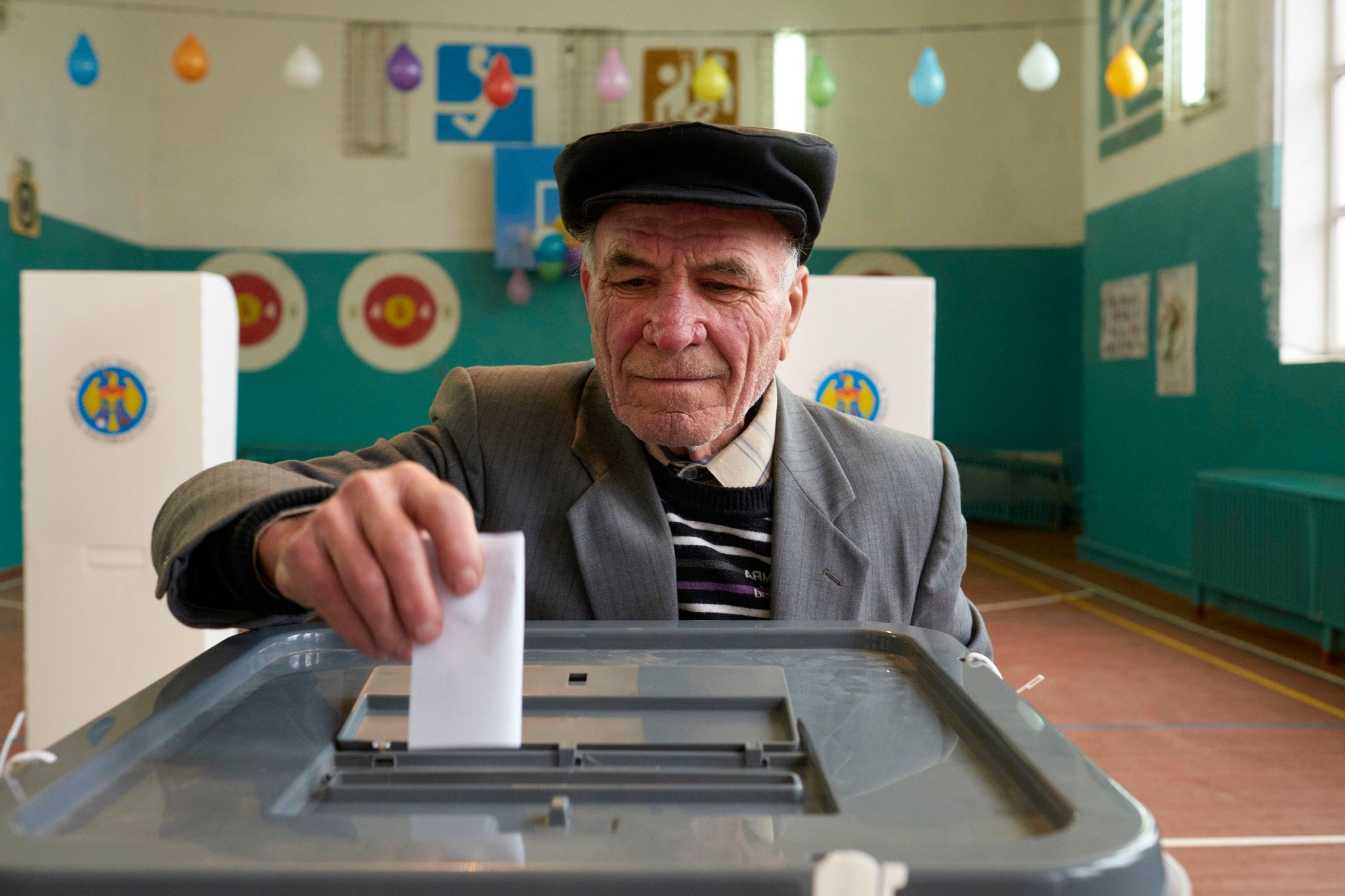
Learn More
Explore www.iri.org for the latest research, polls, thought leadership, and election assessments. Subscribe to our free newsletter for regular updates on our work and upcoming events.
Work With Us
Visit our recruitment site to learn more about what it means to work to advance democracy worldwide and to check out job openings.
Contribute
Contributions from individuals, corporations, and foundations allow IRI to conduct some of our most innovative work to help brave activists on the front lines of freedom. Visit Support IRI to donate.
